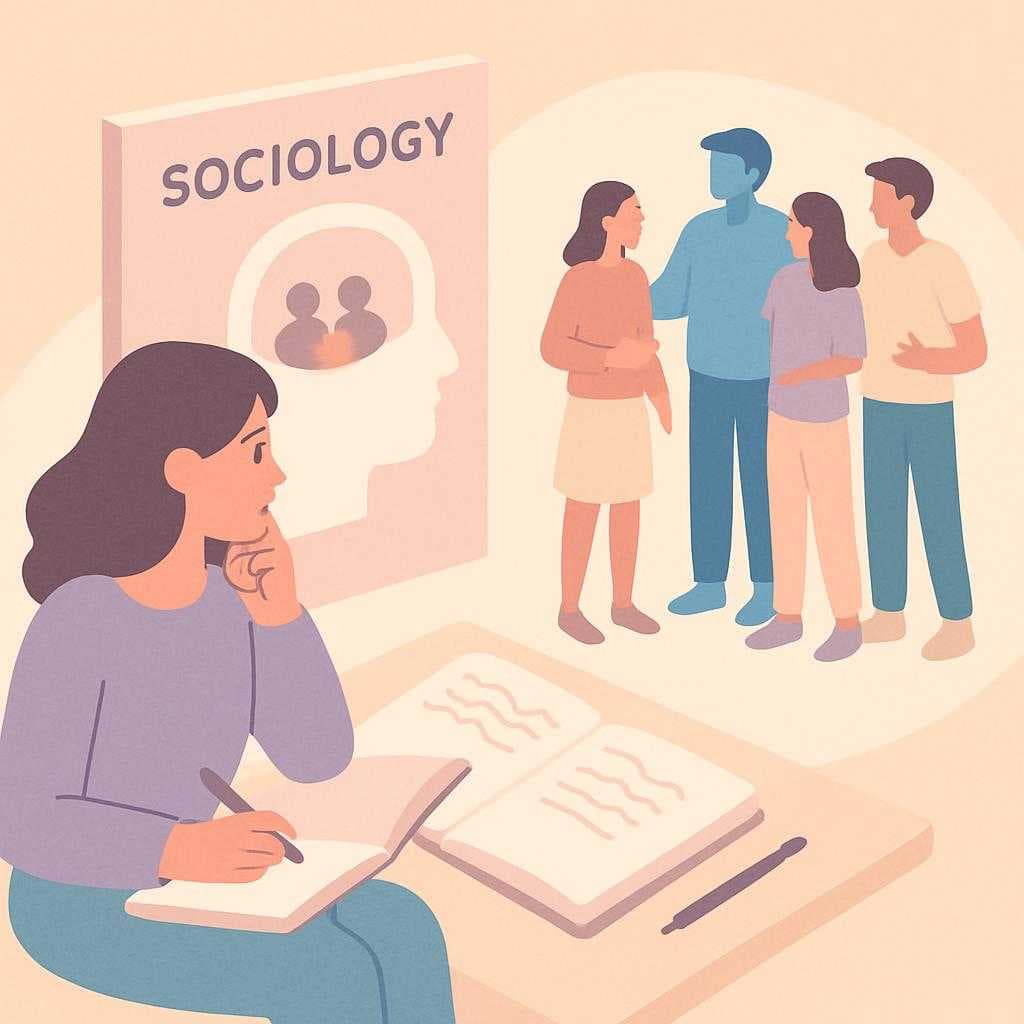Mastering GCSE Sociology: Understanding the Influence of Peer Groups
Summary: Delve into the captivating world of peer groups in GCSE Sociology. Discover how your peer group impacts your identity, and learn how to tackle questions on this topic effectively in your exams.
Are you nearing your GCSE Sociology exams and finding the myriad of topics overwhelming? Fear not—you're not alone! One area that can spark both interest and confusion is the study of peer groups and their impact on individual identity and social behavior. Understanding this concept is crucial for acing your exams, whether you are sitting for AQA, OCR, or Eduqas.
The Role of Peer Groups
In GCSE Sociology, peer groups are recognized as a central agent of socialization, significantly influencing attitudes, behaviors, and identity formation. As you prepare for your exams, it's essential to understand how peer groups shape social norms and expectations. This knowledge will equip you to tackle questions related to socialization effectively.
Key Concepts
-
Socialization and Peer Influence: Peer groups play a pivotal role in teaching individuals societal norms and values. They are often the first group where individuals voluntarily belong, providing a platform for social learning and value formation.
-
Identity Formation: Through peer interactions, individuals learn to navigate social roles and develop their sense of self. Peer acceptance and rejection can significantly impact one's self-esteem and identity.
-
Conformity and Deviance: Understanding how peer groups can encourage conformity or deviance is crucial. This dual role highlights the complexity of peer influences, which can lead to either positive social integration or deviant behavior.
Exam Preparation Tips
-
Understand Key Theorists: Familiarize yourself with sociological theories related to peer groups, such as those by Howard Becker on labeling theory or Albert Bandura's social learning theory. These theories provide valuable insights into how peer groups influence behavior.
-
Use Real-Life Examples: In your exams, use examples from current events or personal experiences to illustrate how peer groups impact individuals. This approach demonstrates your ability to apply theoretical knowledge to practical scenarios.
-
Practice Past Papers: Exam boards like AQA, OCR, and Eduqas often include questions on the role of peer groups. Practice past papers to familiarize yourself with the types of questions asked and refine your exam techniques.
-
Engage in Discussions: Participate in study groups to discuss and debate the impact of peer groups. This interaction can offer new perspectives and deepen your understanding of the topic.
By mastering the concept of peer groups and their influence on socialization and identity, you'll be well-prepared to tackle your GCSE Sociology exams with confidence. Remember, understanding these social dynamics not only helps you in exams but also enriches your everyday interactions. Good luck!
